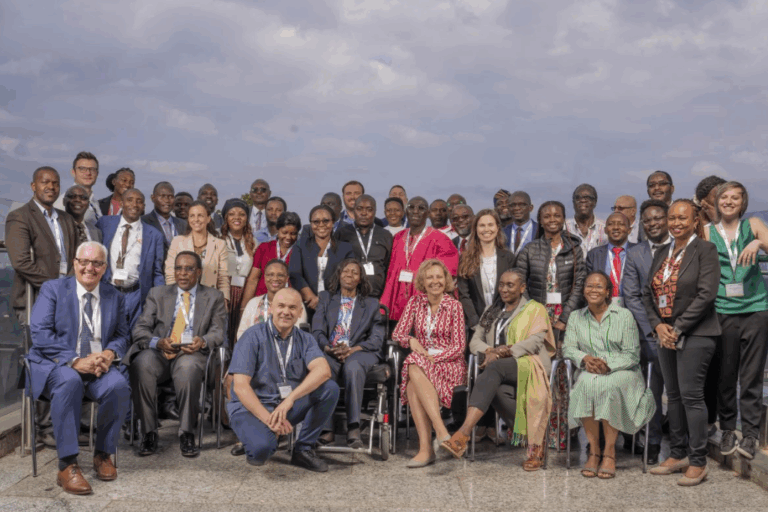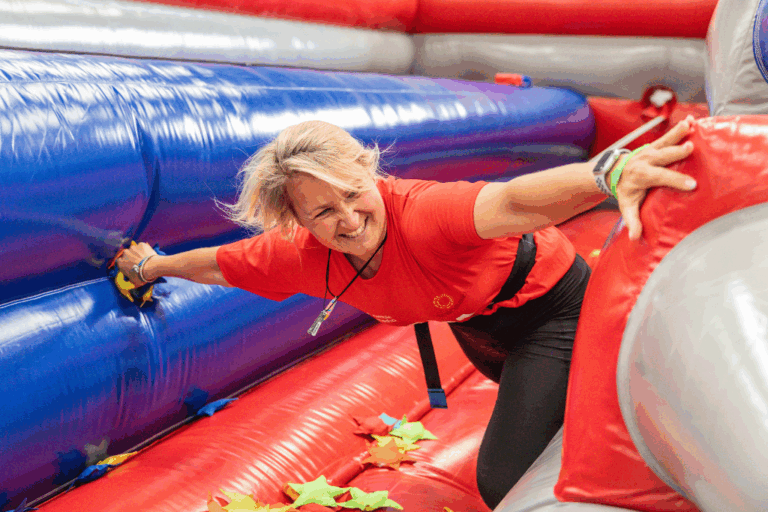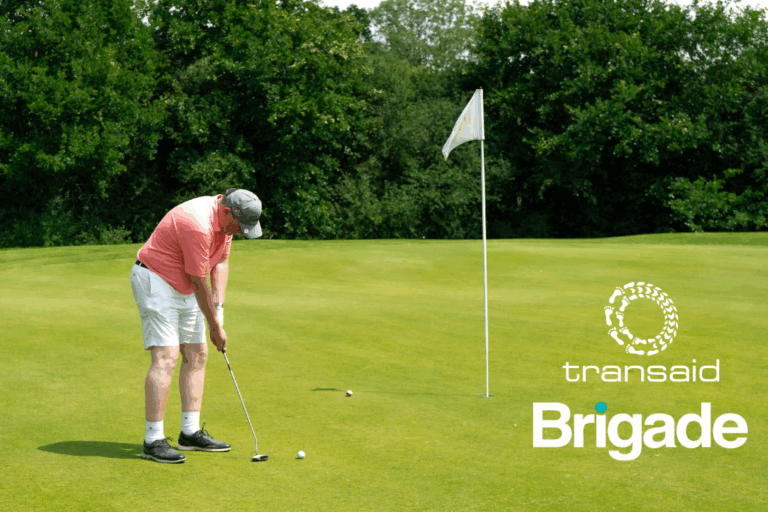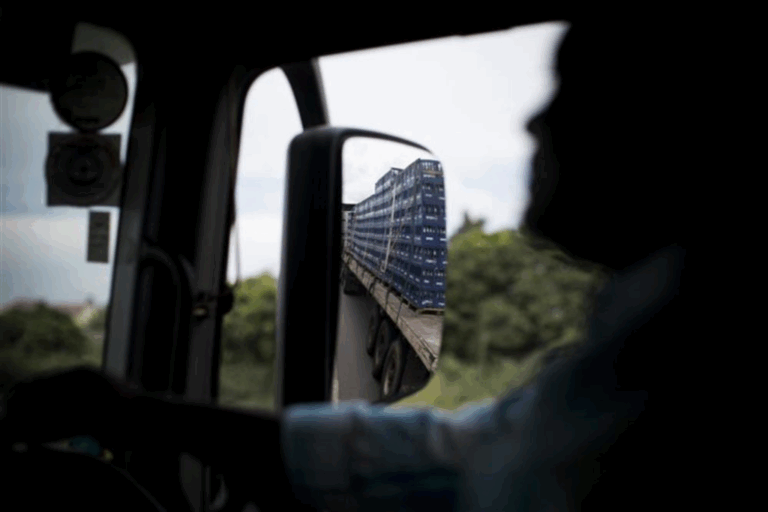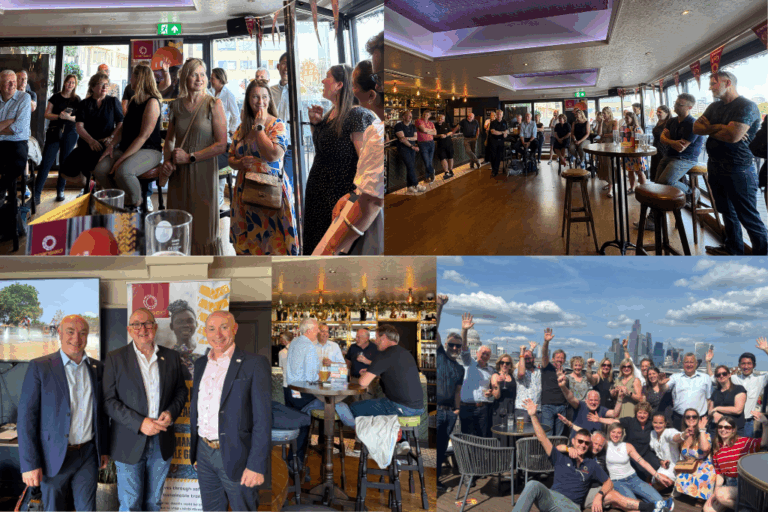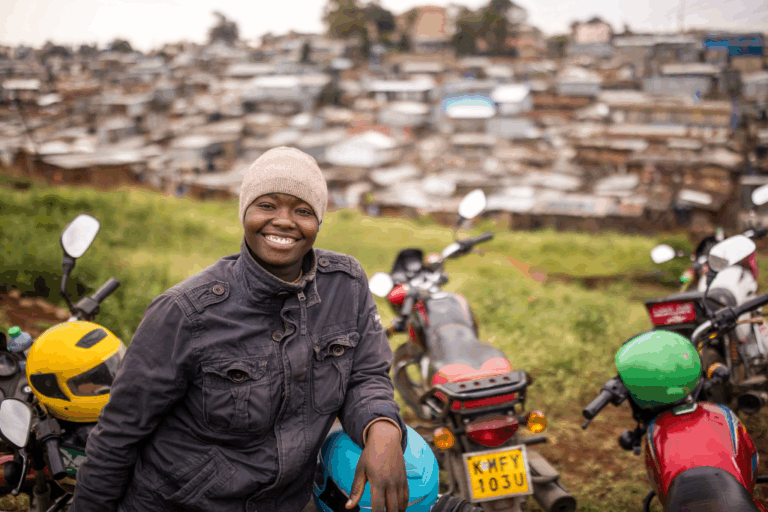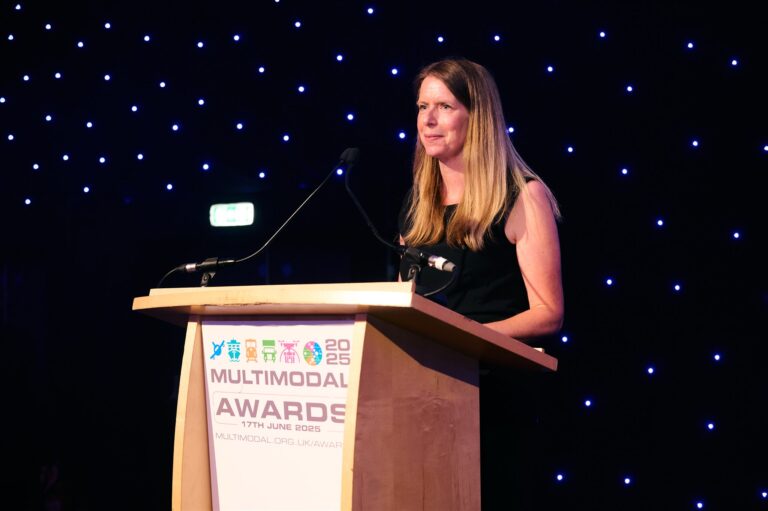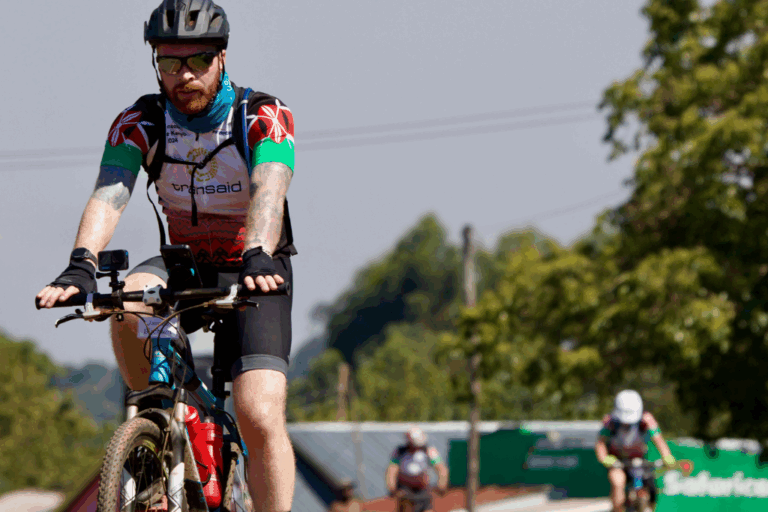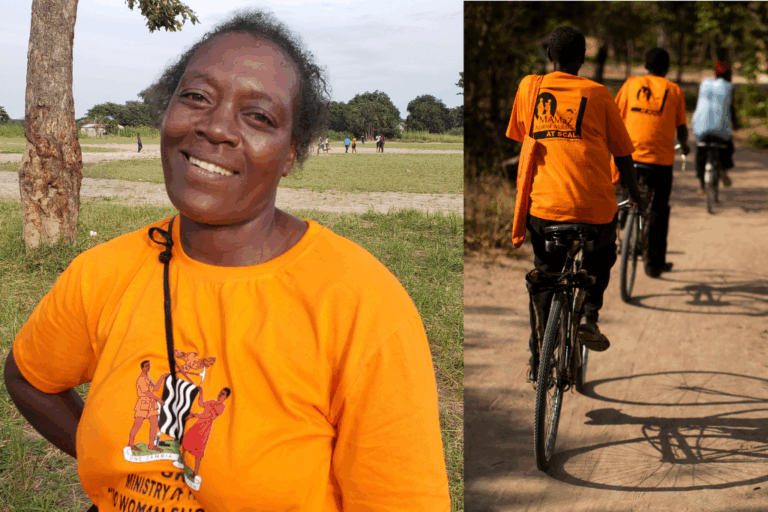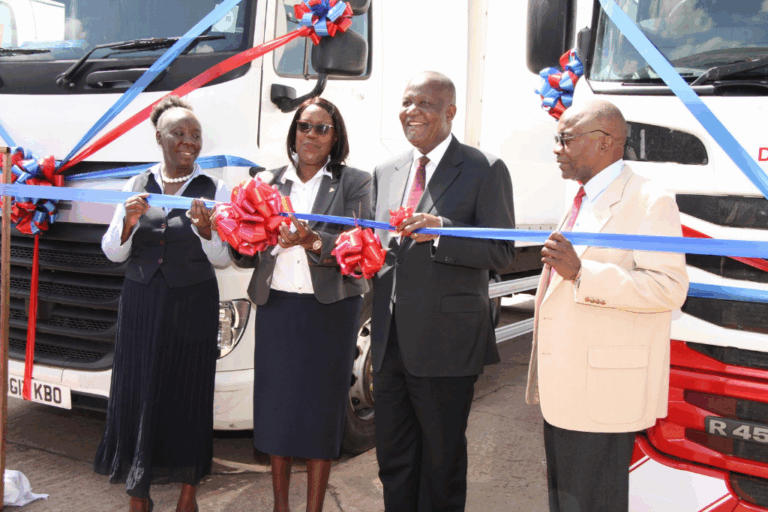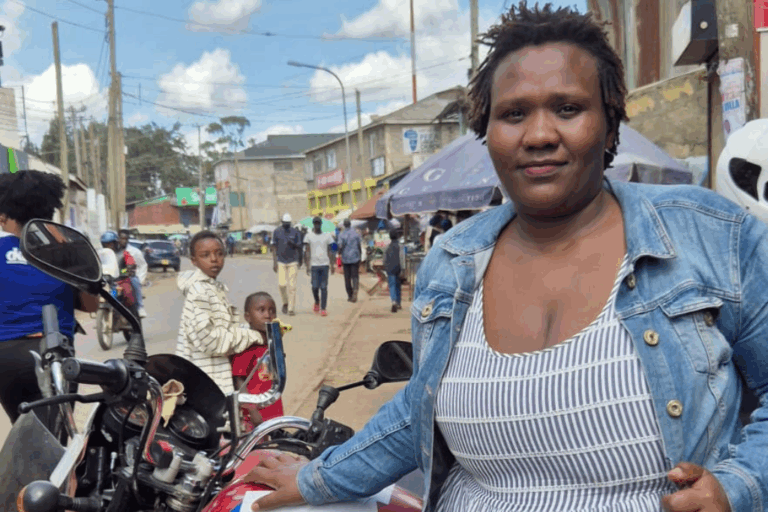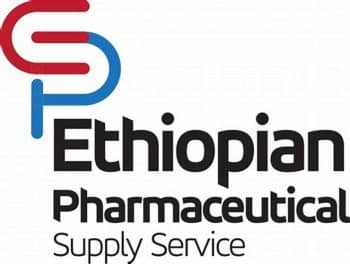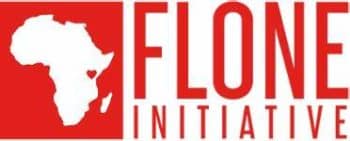
News
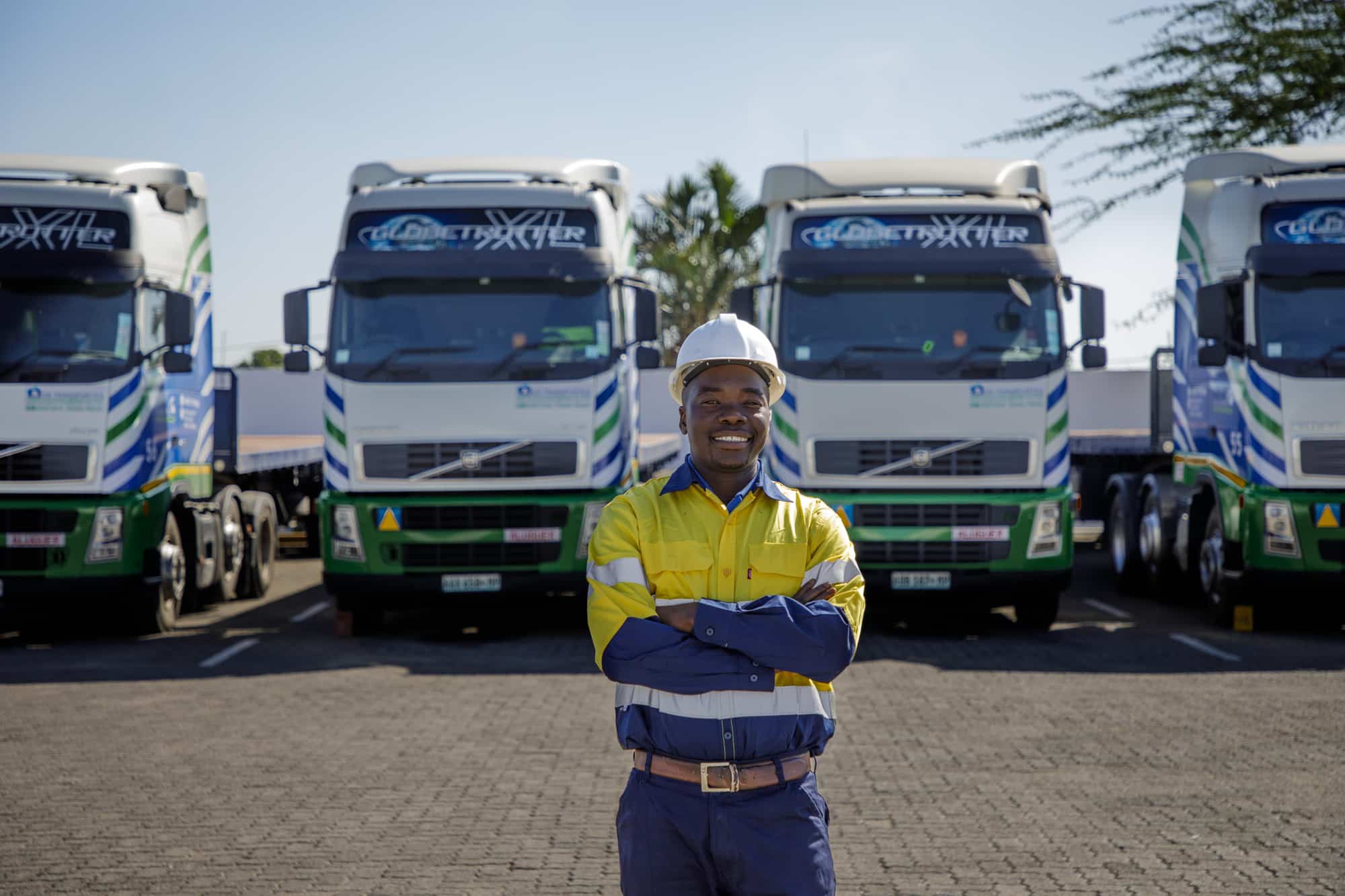
Combatting COVID-19 in Zambia with MAM@Scale
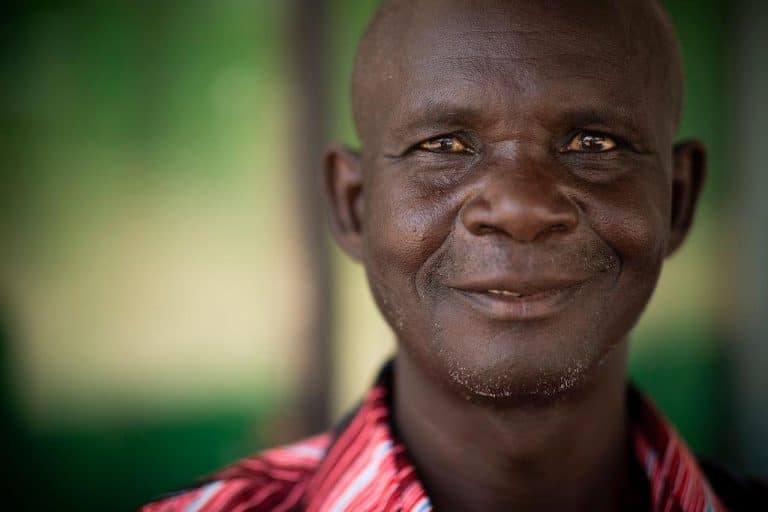
Since 2017, our MAMaZ Against Malaria (MAM) programme has been combatting severe malaria in rural Zambia using a combination of community education and improved access to health facilities through bicycle ambulances. The approach has been proven to work, with the MAM pilot recording a staggering 96% reduction in child deaths from severe malaria in Serenje District. The programme – MAM@Scale – has now been scaled up to reach 355 rural communities across five Zambian districts.
Now, these same communities are facing a new danger in the form of COVID-19. Although there are currently low numbers of cases reported, Zambia – like many African countries – will face additional challenges if the virus spreads as it has in other countries. Health systems in the country are comparatively weak, and many people lack access to basic sanitation facilities or the financial means to self-isolate. The rural communities served by MAM@Scale are often situated far from health facilities, making them particularly vulnerable to the impact of COVID-19.
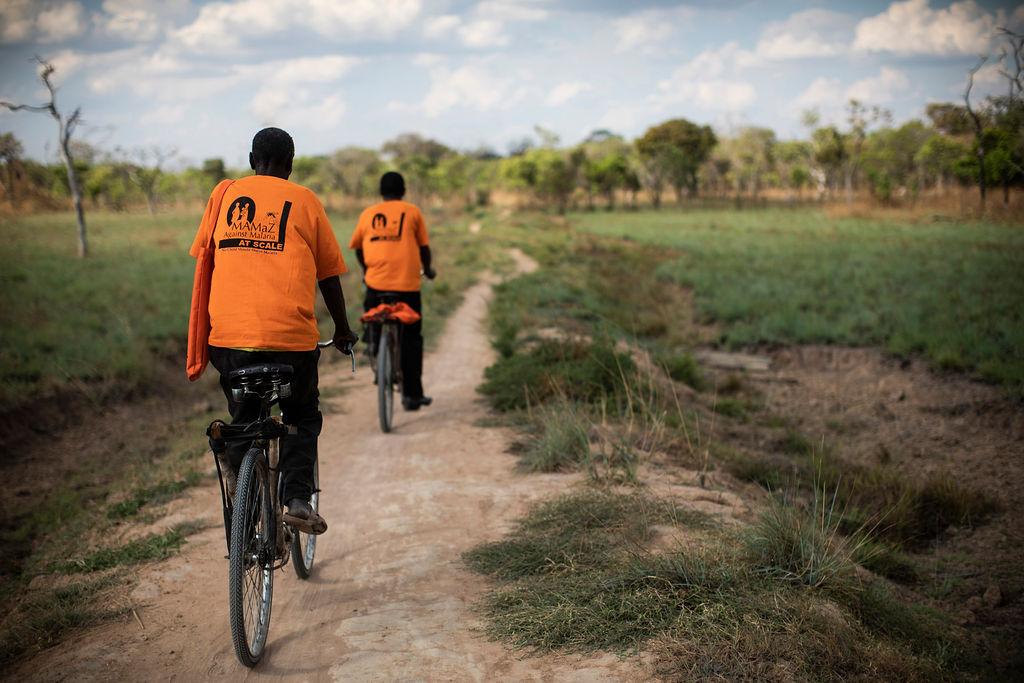
Rising to the challenge of COVID-19
In the wake of the coronavirus pandemic, the MAM@Scale programme is adapting in order to tackle COVID-19. Firstly, we were asked to support the Zambian Ministry of Health by contributing to guidelines on the role of Community Health Workers in the context of COVID-19.
Community Health Volunteers (CHVs) are a key part of the MAM@Scale programme, and indeed crucial to Zambia’s health system. In response to the pandemic, we are bringing small groups of CHVs together (whilst observing social distancing rules), training them on the danger signs and protocols around COVID-19, and supporting them and their communities in establishing hand washing stations and food banks. Given the success of MAM, CHVs are well placed to disseminate key health messages in their community. They are trusted and held in high regard in their communities. We will be sharing key messages with nearly 2,000 CHVs, who, along with other targeted communications, will help spread awareness to a population of over 200,000 people.
Chola is a Community Facilitator working on MAM@Scale. Originally a fisherman, for the past nine years he has worked with MAM, as well as the MAMaZ and More MAMaZ maternal health programmes. It’s his job to assemble people in communities to raise awareness about important public health issues, alongside CHVs. The most rewarding aspect of the job, he says, is seeing how his work has helped save lives in his community, both from severe malaria and maternal complications.
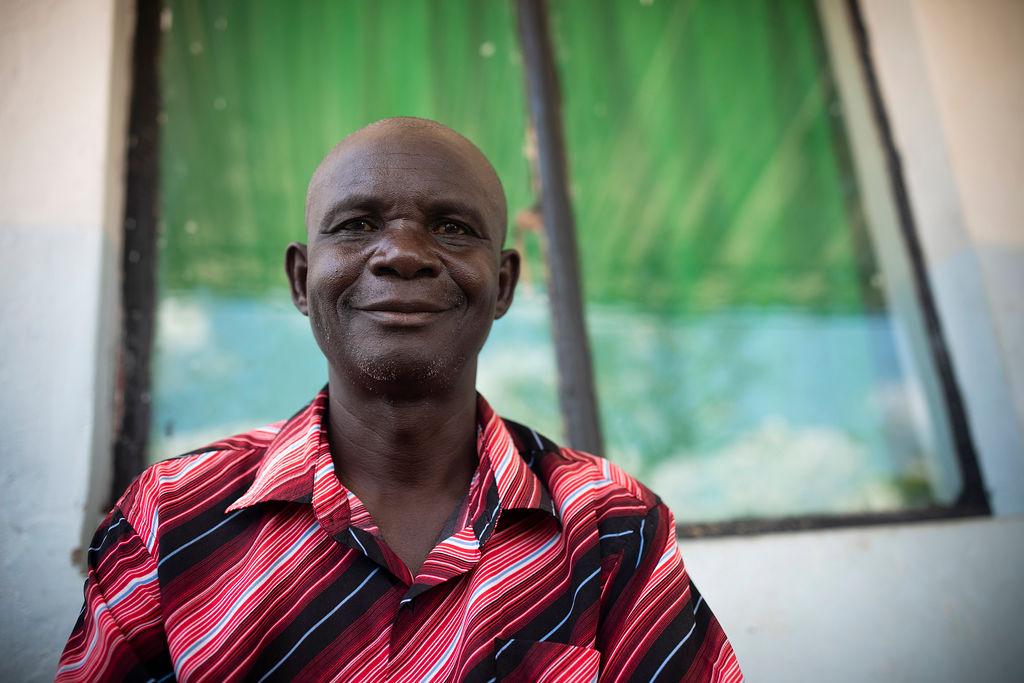
Awareness raising has been central to our adaptation to the new threats posed by the COVID-19 pandemic. For rural communities for whom healthcare is often difficult to access, it is vital that families are informed to make decisions about their health.
To ensure that these potentially life-saving messages reach even the most remote areas, we are using a variety of channels to sensitise communities. These include posters in English and Bemba (the local language) in areas of higher literacy. We are also using a public address system for visits to rural communities to advise of the new guidelines, as well as utilising community radio to raise awareness through announcements, jingles, and even live broadcasts with phone-in discussion. In the most remote areas, CHVs are making door-to-door visits, following social distancing protocols, to ensure that the message is communicated as widely as possible.
With a new disease comes new protocols, and CHVs and bicycle ambulance riders have had to adapt to prevent the spread of COVID-19. Both groups have undergone new training in order to adhere with social distancing and safety guidelines, with cloth masks, soap, and gloves procured for volunteers. In rural areas where handwashing facilities are limited, new ‘tippy tap’ systems have been set up, a solution that is as simple as it is hygienic. Bicycle ambulance riders are now washing their bicycle ambulances in between uses to minimise the risk of COVID-19 transmission, in line with the new safety protocols.
Finally, it is important to recognise that the barriers to healthcare in rural Zambia are more than just physical. Often, seeking treatment at a health facility means days spent away from home. For a subsistence farmer in a remote community, the costs involved with such a trip might be prohibitive. To ease the financial burden, communities served by MAM@Scale have had food banks set up for families affected by severe malaria, which are in turn being expanded to help those impacted by COVID-19. We are procuring maize, cooking oil, relish, salt, and soya pieces to top up community food banks in 180 communities, to empower families to put their health first without worrying about financial repercussions.
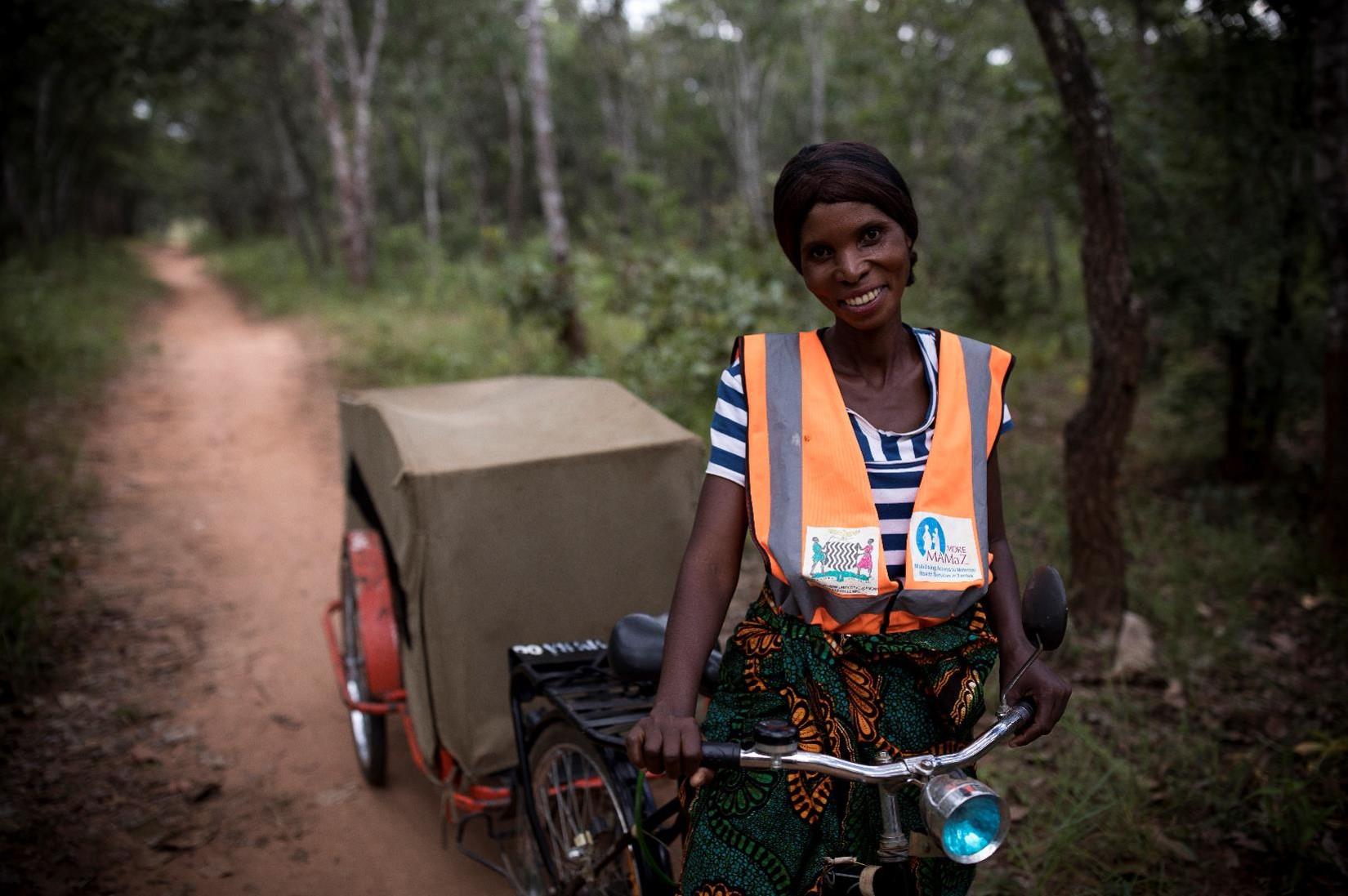
The fight must continue against severe malaria
While COVID-19 poses a huge threat to rural Zambian communities, the fight against malaria must continue. It is currently rainy season, the time of year where cases of severe malaria are at their highest. As seen in Western Africa during the Ebola outbreak of 2014-2016, during pandemics, the deaths from other diseases such as malaria, TB, HIV/AIDs often tend to rise, with people either fearful or unable to access the healthcare they need. We must ensure that whilst we are helping communities to counteract COVID-19, that severe malaria does not go unchecked. To further complicate matters, some of the symptoms for severe malaria are similar to those of COVID-19, yet the two diseases require vastly different responses.
The CHVs and ETS riders trained as part of MAM @Scale are working hard to ensure their communities are prepared for COVID-19, but are still making sure children with severe malaria receive the treatment they need.
Rabbecca has been a CHV with MAM since its inception. Speaking about her role in 2018, she simply said: “I save lives. I might be working in the field or cooking food, but if there’s an emergency, I leave.” In Zambia, CHVs like Rabbecca are the backbone of the health system. Their commitment has already proven to be a powerful tool in combatting severe malaria, and will no doubt be just as vital in tackling COVID-19.
Help us combat COVID-19 in Zambia
In times like this, access to healthcare is more important than ever. That is why we’re asking for your help to ensure that no one gets left behind in the fight against COVID-19.
Our supporters were instrumental to the success of MAM, helping us expand into our fifth Zambian District. Now we are asking for your help to rise to the new challenge of COVID-19. Communities like Chola’s are likely to be amongst the hardest hit by the pandemic. Help them prepare for COVID-19 by donating here.
Recent Posts

